The United States has denied entry to Palestinian President Mahmoud Abbas and 80 officials from the Palestinian Authority (PA) and the Palestine Liberation Organisation (PLO), blocking their attendance at the United Nations General Assembly this September.
U.S. Secretary of State Marco Rubio revoked their visas and denied new applications, citing national security concerns and the need for the PA and PLO to be held accountable for actions undermining peace. The State Department emphasized that meaningful progress in peace negotiations requires these groups to reject terrorism and halt incitement in education, as mandated by U.S. law.
The Palestinian Authority expressed deep regret over this decision, calling it a breach of U.S. obligations as the UN host and a violation of international law. Palestinian Ambassador to the UN, Riyad Mansour, highlighted that President Abbas intended to lead the delegation and speak at the General Assembly, including participating in a high-level meeting on a two-state solution with France and Saudi Arabia.
This action is part of a broader trend of U.S. visa restrictions targeting Palestinians. Previously, the U.S. vetoed a UN resolution calling for a ceasefire in Gaza, and all UN Security Council members except the U.S. acknowledged the famine in Gaza as a “manmade crisis.” The U.S. has also vetoed a Palestinian application for full UN membership, insisting that a two-state solution must emerge from direct negotiations.
The U.S. decision has attracted criticism from international bodies and governments, with the UN Secretary-General António Guterres calling for a resolution to ensure all member states can participate in UN proceedings. As the General Assembly draws near, the absence of Palestinian representatives raises concerns regarding the inclusivity and effectiveness of international diplomatic efforts on the Israeli-Palestinian conflict.

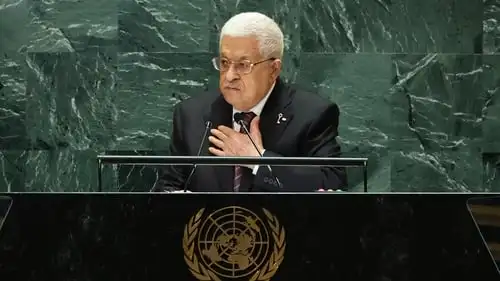


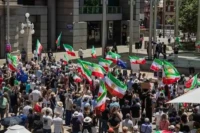



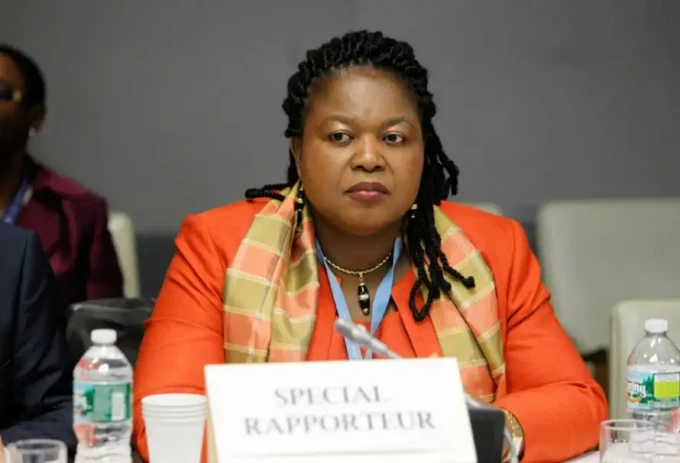
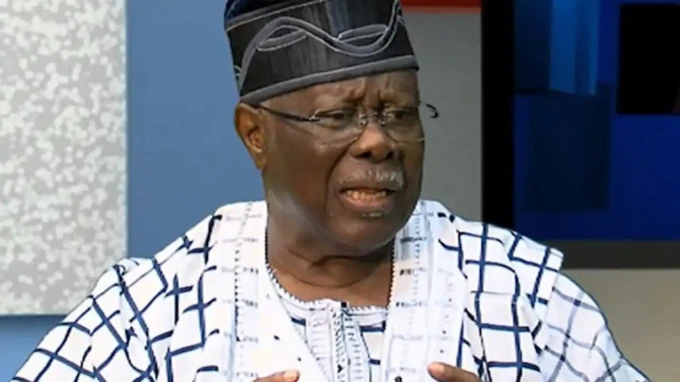

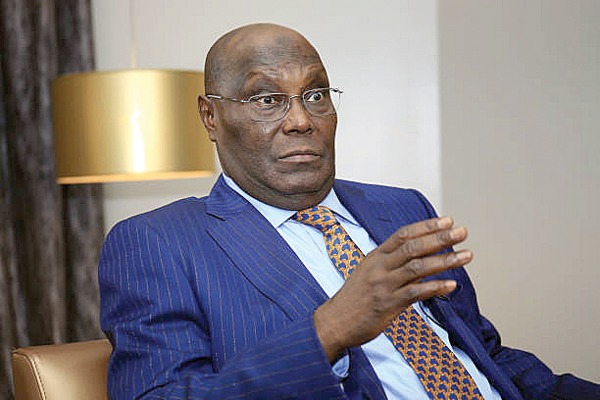
Can you believe the US preventing Palestinian officials from attending a UN meeting? Whats the real agenda here? Its a shady move!
Can we really call it a fair playing field when certain officials are barred from attending important UN meetings? Seems fishy to me.
Wow, can we really justify blocking 80 officials from a UN meeting? Seems a bit extreme, dont you think?
Wow, cant believe the US is blocking Palestinian officials from attending the UN meeting. What are they trying to achieve?